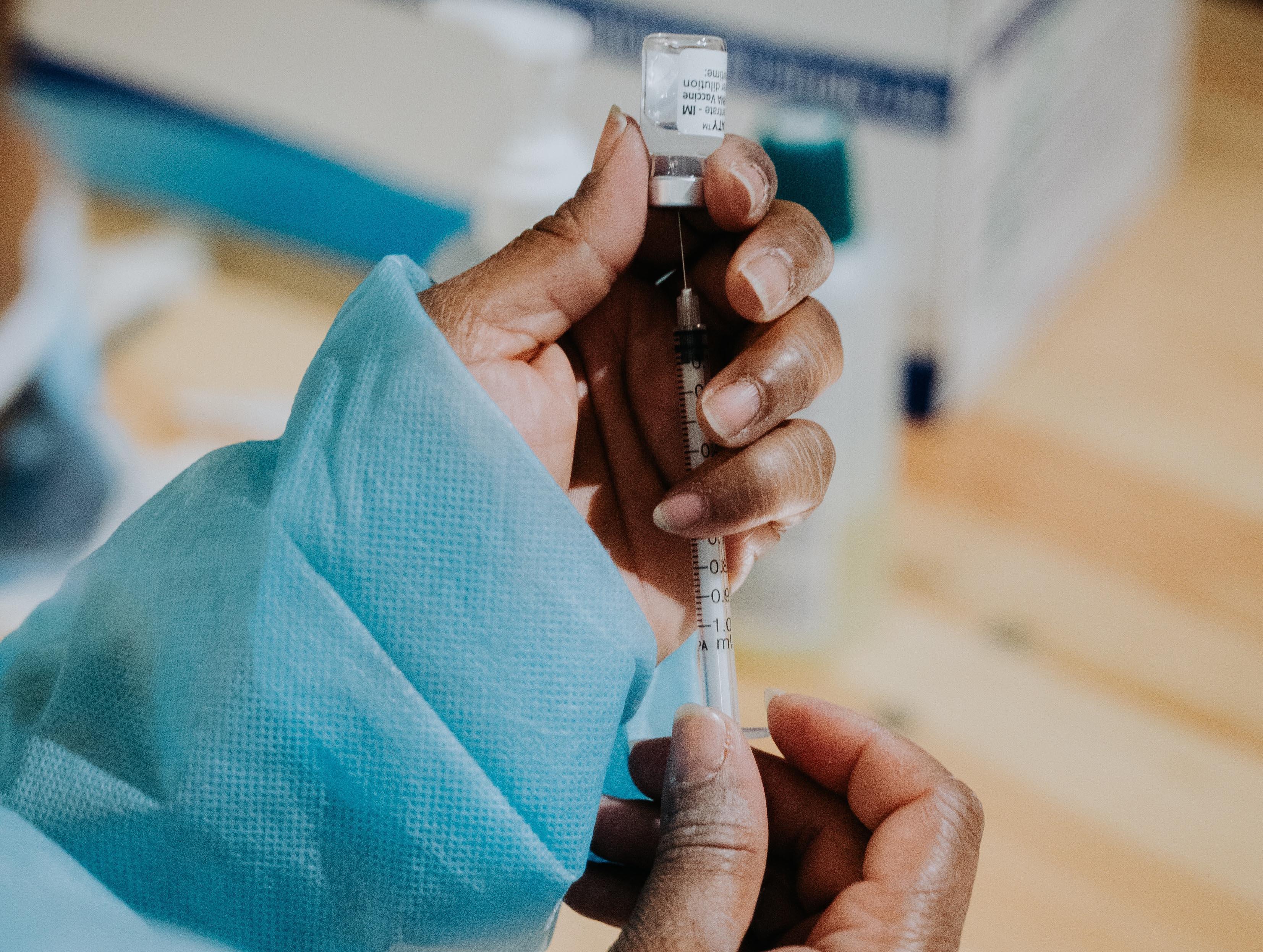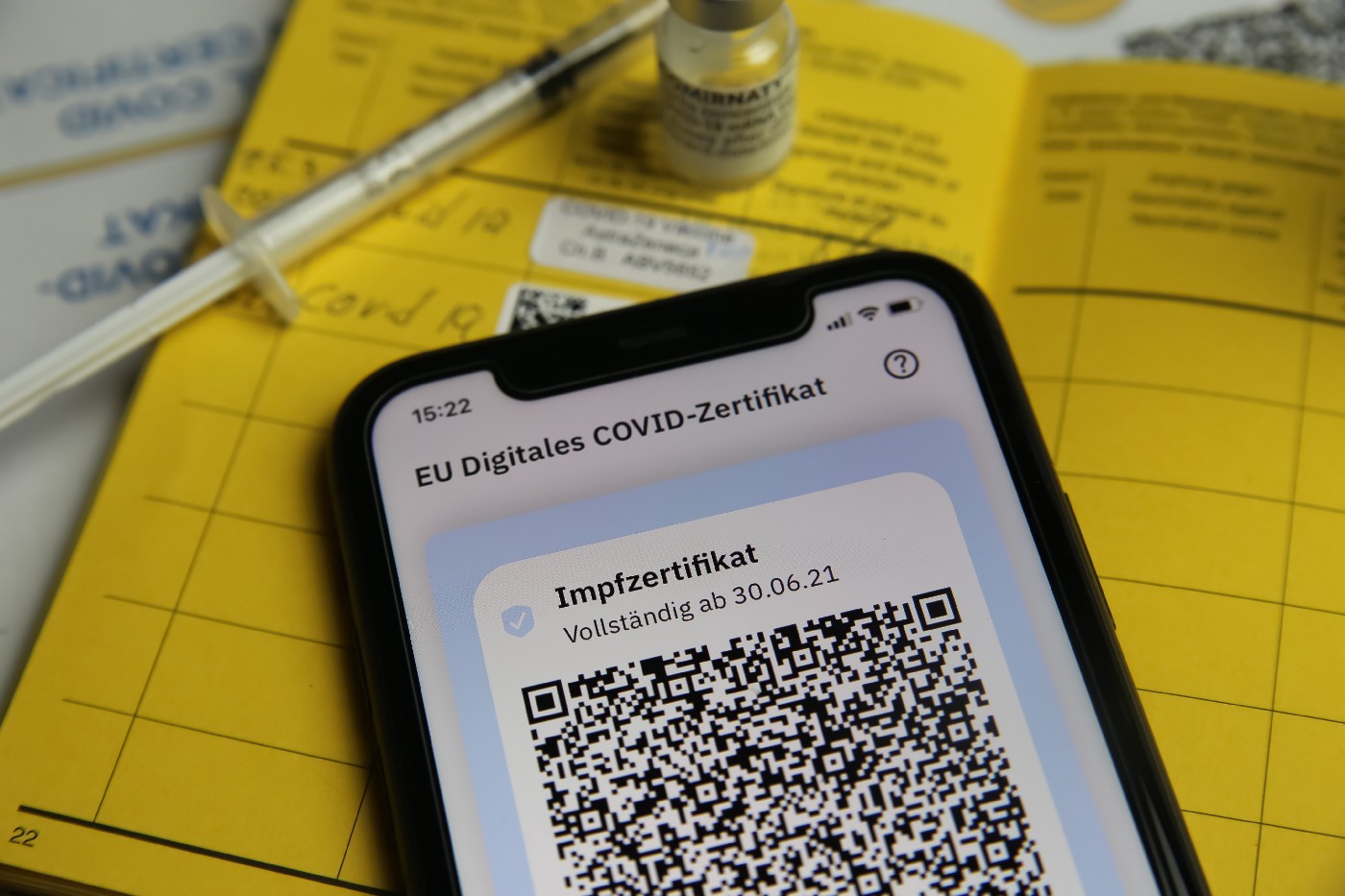On 11 March 2020, the World Health Organization (WHO) declared the outbreak of Covid-19 a global pandemic. Subsequently, there has been a dramatic increase in reports of substandard and falsified medical products (SFMPs) related to the pandemic response. A mere eight days following the outbreak declaration, the International Criminal Police Organization, INTERPOL, as part of their ‘Operation Pangea XIII’ reported seizing over 34,000 Covid-19-related SFMPs including personal protective equipment (PPE), such as face masks, as well as substandard hand sanitizers and unauthorised antiviral medications.f4846b94e824 Between March 2020 and July 2021, the Medicines Quality Monitoring Globe Index of the Infectious Diseases Data Observatory recorded 1173 Covid-19 related reports of suspected SFMPs.
Because of the global disruption caused by the pandemic, the structures typically relied upon to prevent, detect and respond to SFMPs may be deprioritised or overlooked in order to expedite country responses to the pandemic, or be overwhelmed due to unprecedented, increased demand. The delicate balance of international cooperation for the manufacturing, distribution, regulation and dispensing of safe and effective medical products has been shaken. Even in normal times, health systems and their supply chains are notoriously impacted by corruption that can undermine global efforts to reduce SFMPs in supply chains. Covid-19 increases the risk that corruption will negatively impact the quality of medical products.
It has been suggested that we are entering a new ‘age of pandemics’. This makes both emergency preparedness and strengthening the systems intended to safeguard quality ever more essential, so that medical products do not cause harm or death, contribute to antimicrobial resistance or deplete public trust in public institutions. It is also critical for ensuring that public health and pandemic response investments are efficiently invested. There is an urgent need to better understand how corruption impacts medical product quality, to consider how the Covid-19 pandemic both exacerbates these risks and further enables poor quality or harmful products to enter supply chains, and to harness both new and existing ways to address this growing global health problem.
Using a mixed methods research approach, this U4 Issue investigates:
- How corruption is involved in the manufacturing, procurement, transportation, distribution and sale of poor quality or harmful medical products.
- The corruption-related challenges to ensuring medical product quality in the Covid-19 pandemic.
- What good practices exist and could be employed to achieve a balance between speedy response and product quality in the face of this global health emergency.
This U4 Issue first sets out working definitions in order to describe how corruption is related to medical product quality. Critical to specifying the relationship between corruption and medical product quality is the element of intent to misrepresent quality. Only falsified medical products (FMPs) deliberately misrepresent product quality. Consequently, for the purposes of this Issue, only those activities related to FMPs fall under the definition of corruption, and FMPs are the primary focus.
This U4 Issue then details the numerous drivers that present opportunities for poor quality or harmful products to be developed and introduced into supply chains. Based on these drivers, this U4 Issue explores the types of corruption and corruption risks that can impact on the manufacturing, procurement, distribution and dispensing of medical products and how this relates to FMPs both broadly and particularly in relation to the Covid-19 pandemic. This U4 Issue then provides an overview of preventive, detection and response strategies to safeguard product integrity that can be applied at the local, national, regional and international levels.
The findings demonstrate that there are many different types of drivers, both in normal times and due to the Covid-19 pandemic, such as disruptions to the upstream and downstream medical supply chain, product shortages either through real or created scarcity, public anxiety and feelings of desperation contributing to a low elasticity of demand, as well as high costs of quality medical products. One of the most consistent drivers is the limited regulatory and political capacity to improve the oversight and governance of medical product quality, both nationally and internationally. Collectively these drivers open up or widen opportunities for poor quality medical products to proliferate in supply chains.
These drivers also serve as the basis upon which to identify areas in which corruption is involved in poor medical product quality. This U4 Issue identifies five critical areas:
- Manufacturing and distribution
- Regulation
- Procurement
- High-level governance
- The health workforce
In manufacturing and distribution, for example, corruption facilitates fraudulent Good Manufacturing Practice (GMP) and Good Distribution Practice (GDP) certification or intentional failure to comply with GMP/GDP.
At the regulatory level, regulatory officials may collude with manufacturers and distributors by providing unwarranted GMP/GDP certification or product approval. They may also delay approval of competitors due to conflicts of interest or collusion with non-GMP compliant or criminal suppliers.
A general lack of transparency and public disclosure of procurement procedures plays a considerable role in SFMPs entering the supply chain. For example, procurement officials may solicit bribes from manufacturers and suppliers in exchange for participating or receiving direct appointments in procurement tenders. Procurement procedures that prioritise low prices may inadvertently increase the risk of poor quality or harmful products entering the system as manufacturers and distributors seek to maintain or increase their profit margins.
Government officials may also become entwined in corrupt schemes through personal affiliations or interests with those who manufacture, distribute or sell inferior medical products. Political leaders may create product scarcity by prioritising themselves, their families, friends and allies for new treatments or vaccines in limited supply. Alternatively, those in power may intentionally fail to adequately resource regulatory authorities due to conflicts of interest with suppliers.
The healthcare workforce may also engage in corruption that enables poor quality products to reach end users. Healthcare professionals may accept bribes from suppliers to prescribe poor quality or harmful products. This is particularly a risk in contexts where salaries are low or not consistently paid. Healthcare professionals may also compromise the quality of medical products in order to increase their own profits. Or, limited supply of quality products may be coveted for the family and friends of healthcare professionals in contexts where SFMPs are ubiquitous.
Using examples throughout, this U4 Issue demonstrates how existing corruption pressures impact the quality of medicines, and how these dynamics have been amplified by the Covid-19 pandemic. It compiles innovative and existing strategies that concentrate on prevention, detection and response to address SFMPs through a portfolio of mitigating anti-corruption approaches. Finally, it provides recommendations targeting governments, regulators and donors on appropriate ways forward to increase global access to quality medical products.
- INTERPOL, 2020.


